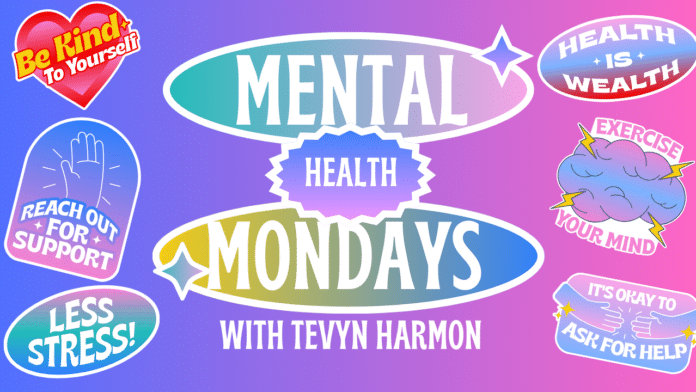
As the new year approaches, I’ve been reflecting on the importance of setting mental health goals. This practice isn’t just about self-improvement; it’s about self-preservation, self-care, and prioritizing our well-being. I’ve learned firsthand how setting intentional mental health goals can transform not only how we feel but how we show up in every area of our lives.
For years, I struggled to manage my emotions, often pushing through challenges without acknowledging the toll they were taking on my mental state. It wasn’t until I was diagnosed with Bipolar II that I realized how critical it was to create a roadmap for my mental health. Today, I want to share with you some strategies that have worked for me and could help you make your mental health a priority in the new year.
1. Reflect on the Past Year
The first step in setting meaningful mental health goals is reflection. Ask yourself: What did I do this year that supported my mental well-being? What habits or situations caused me stress? For me, journaling has been a powerful tool to identify patterns and triggers. By reflecting on what worked and what didn’t, you can gain clarity on the areas of your mental health that need attention.
2. Set SMART Goals
When setting mental health goals, it’s important to make them Specific, Measurable, Achievable, Relevant, and Time-bound (SMART). Instead of saying, “I want to reduce stress,” a SMART goal would be, “I will practice deep breathing exercises for 10 minutes every morning for the next three months.” Personally, breaking my goals into manageable steps has made them feel less overwhelming and more attainable.
3. Create a Support System
You don’t have to do this alone. Whether it’s a therapist, close friends, or a support group, having people who understand and support your journey is invaluable. When I started openly talking about my mental health, I found a community that reminded me I wasn’t alone. This year, make it a goal to connect with others who can encourage and uplift you.
4. Prioritize Self-Care
Self-care isn’t selfish; it’s necessary. Whether it’s scheduling a daily walk, setting boundaries at work, or taking time to relax with a good book, self-care practices can replenish your mental energy. For me, meditation and spending quality time with my family have become non-negotiables. Identify what fills your cup and make it a priority.
5. Track Your Progress
Change doesn’t happen overnight, and it’s important to celebrate small wins along the way. You can use a habit tracker app to monitor your progress toward goals. Seeing how far you come motivates you to keep going, even on tough days.
6. Be Kind to Yourself
Finally, remember that progress is not linear. There will be setbacks, and that’s okay. What matters is that you keep showing up for yourself. One of the best things I’ve learned is to replace self-criticism with self-compassion. If you have a rough day, give yourself grace and start fresh tomorrow.
Setting mental health goals for the new year is a powerful way to honor yourself and your journey. By reflecting, planning, and taking intentional steps, you can create a foundation for a happier, healthier you. As we step into the new year, let’s commit to making our mental well-being a top priority. Trust me, you’re worth it.




